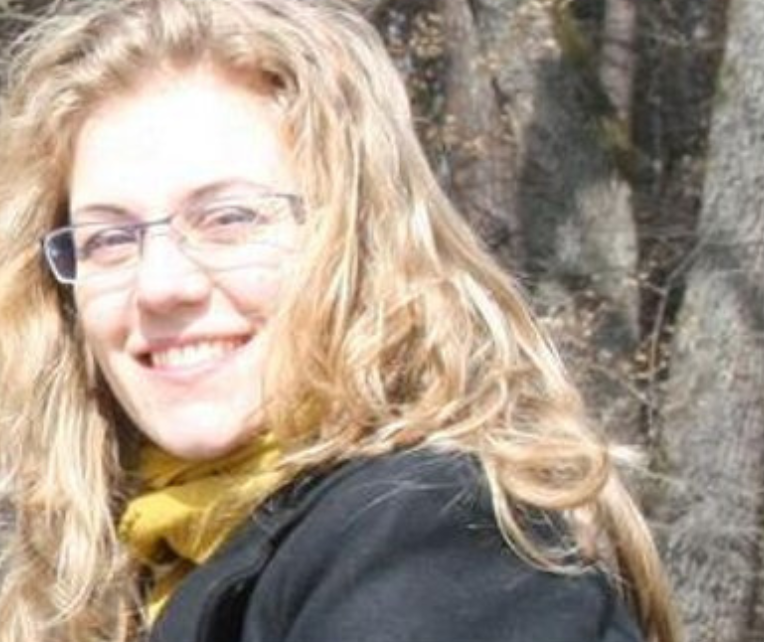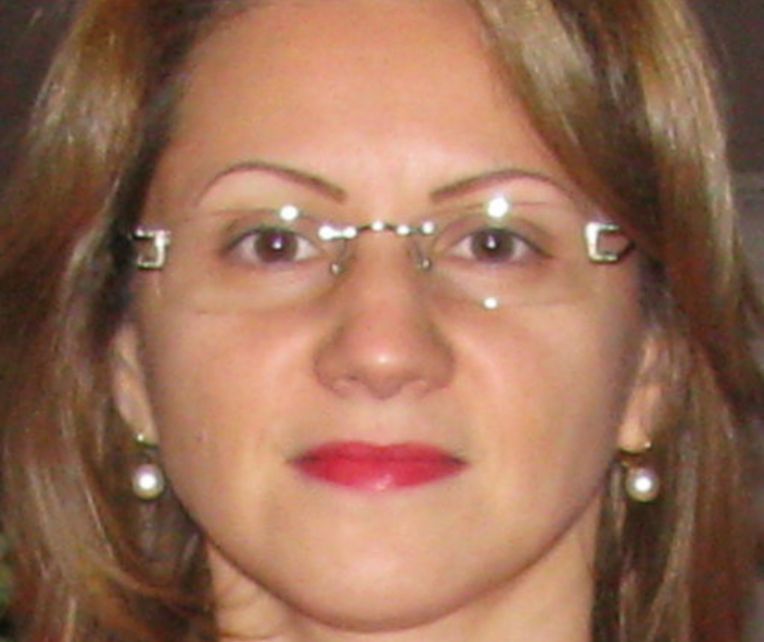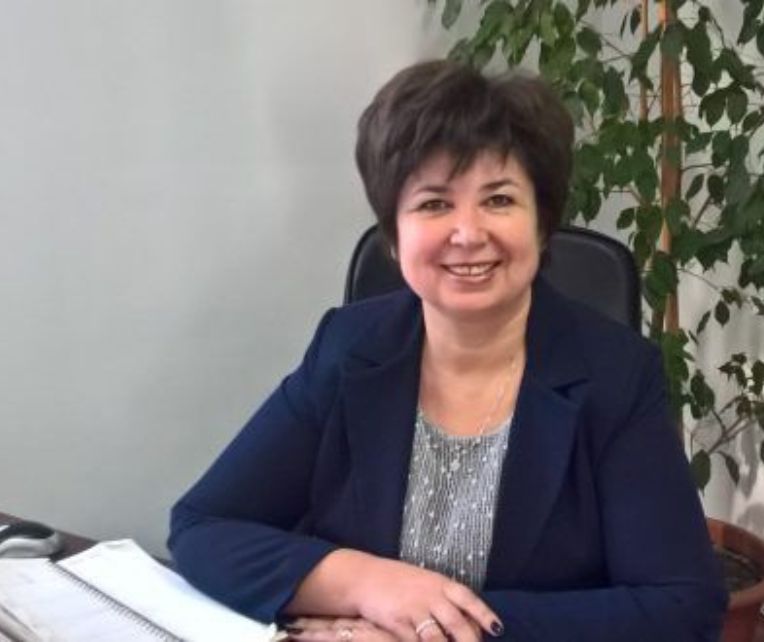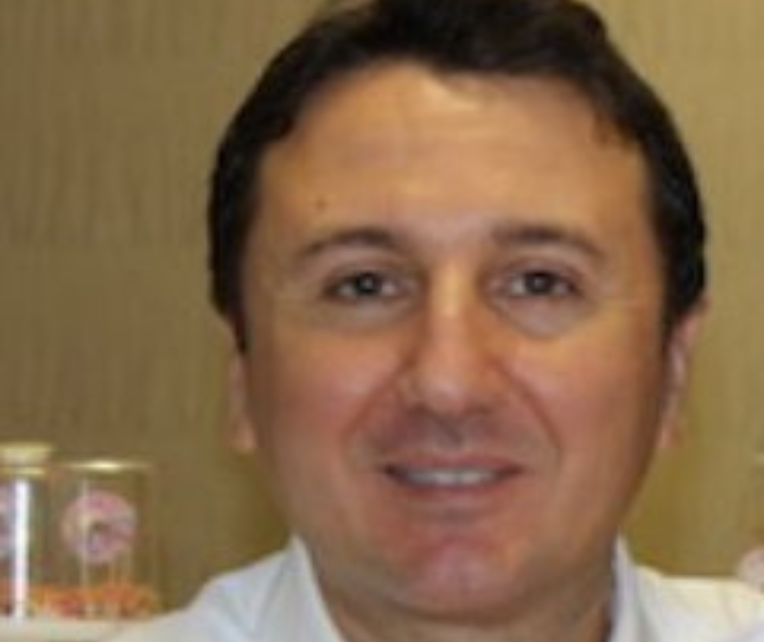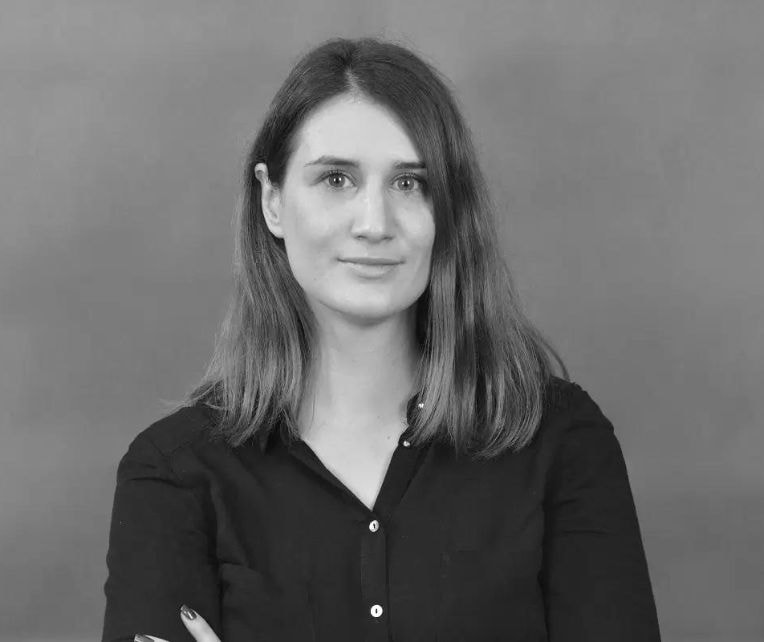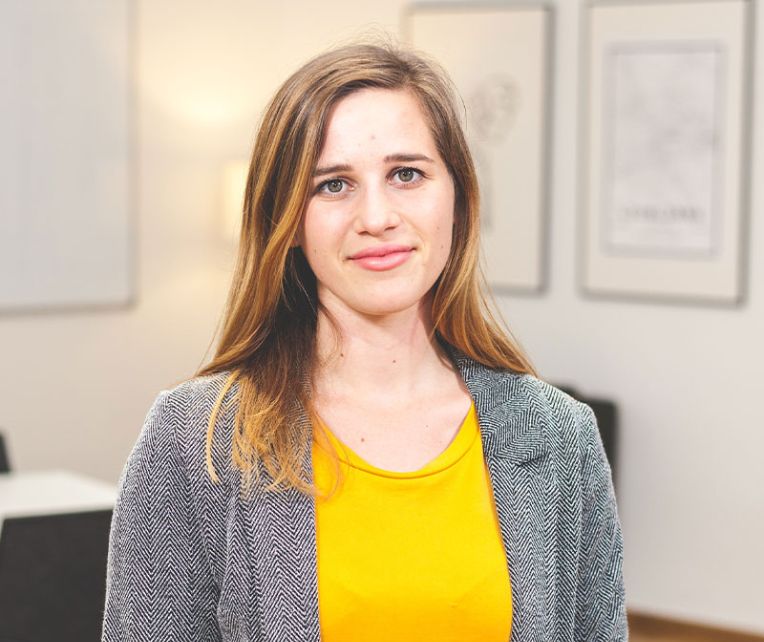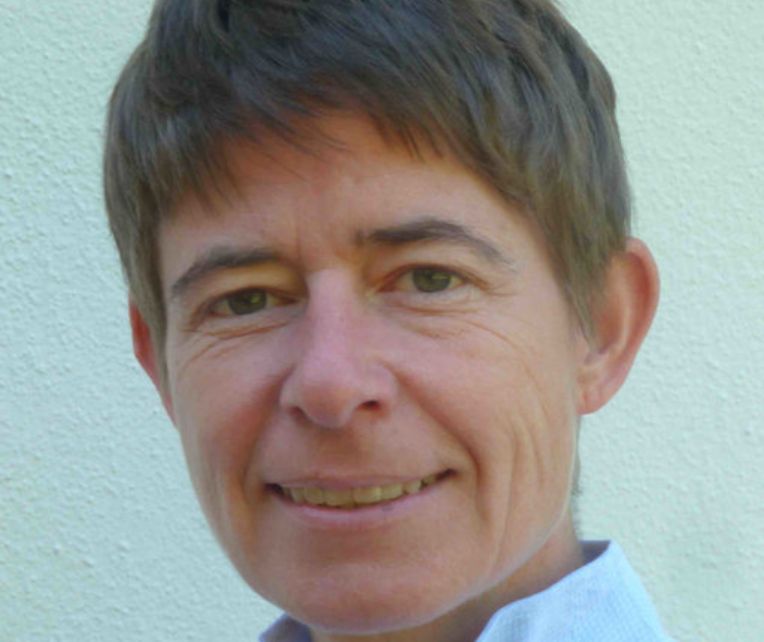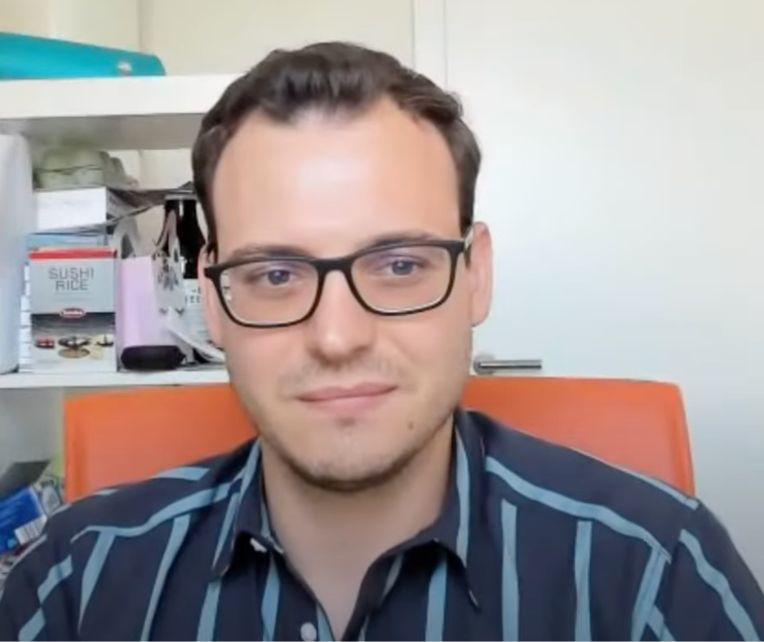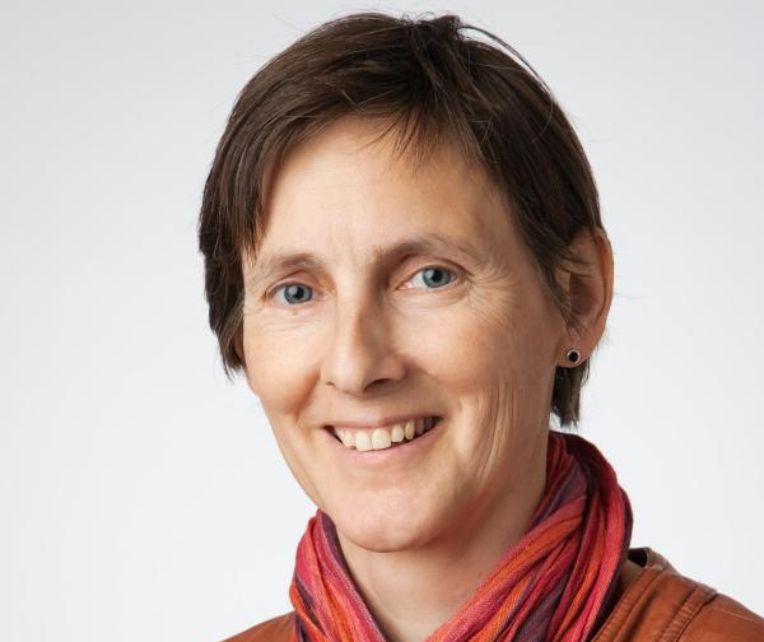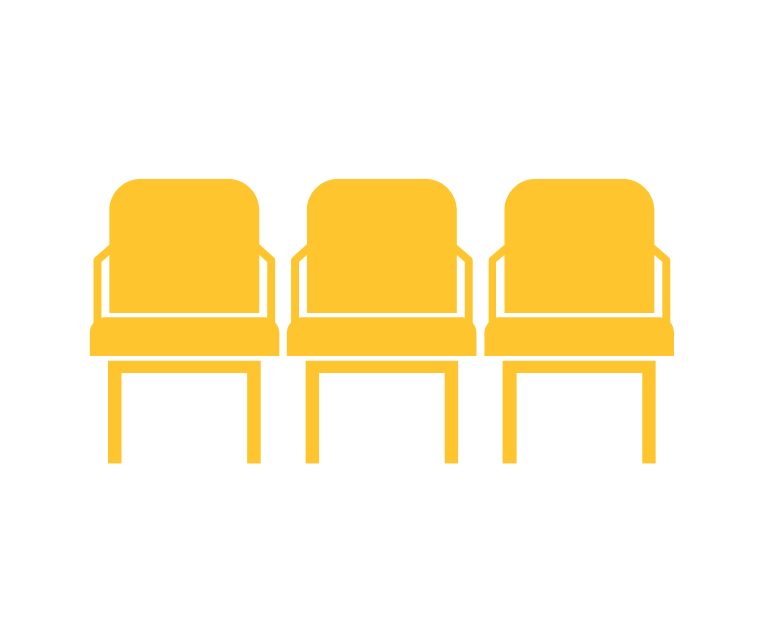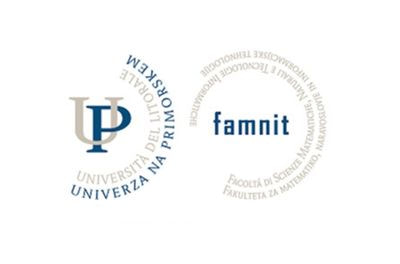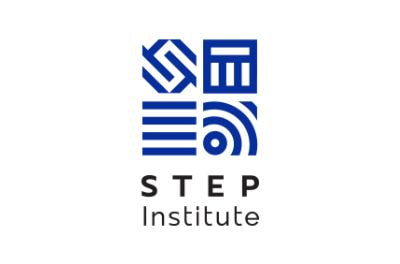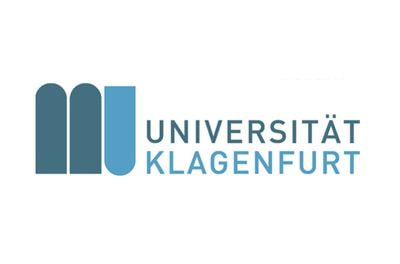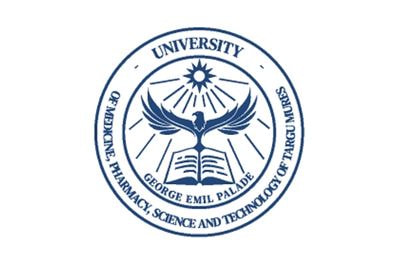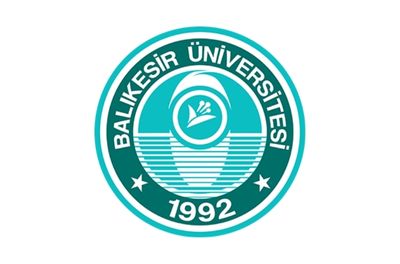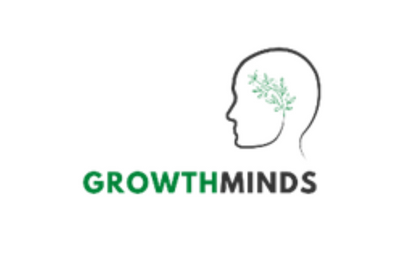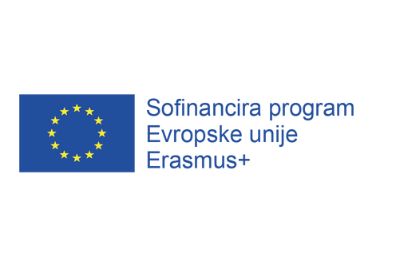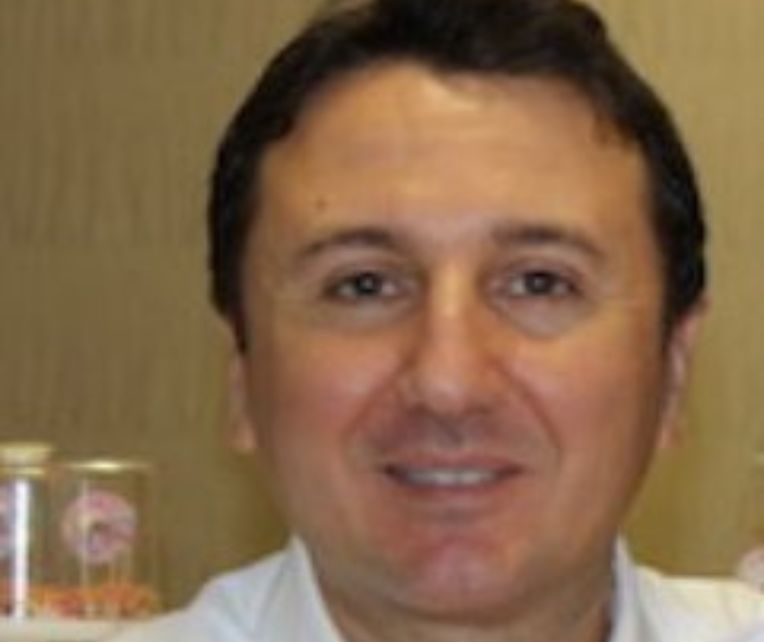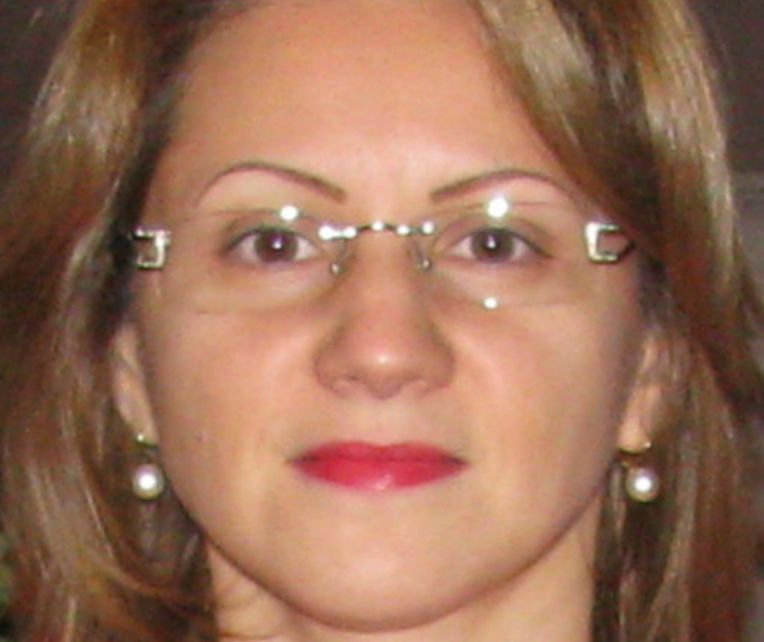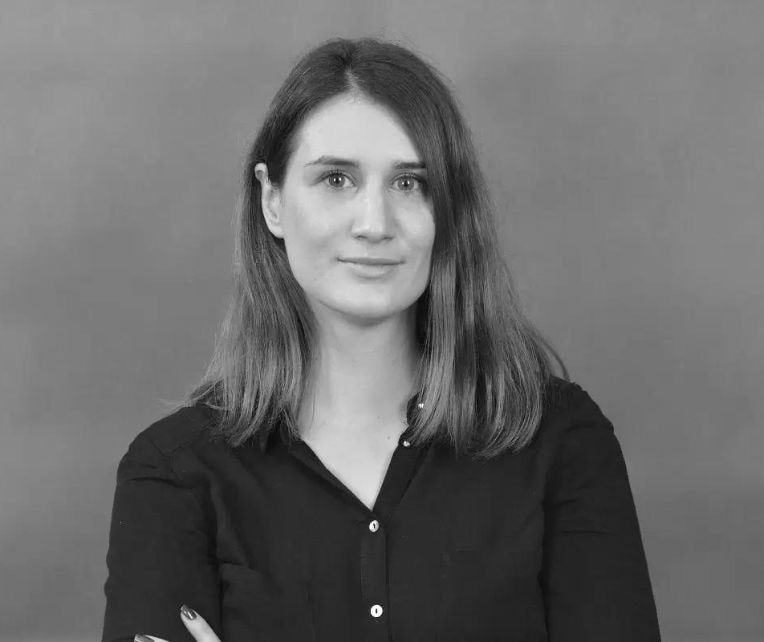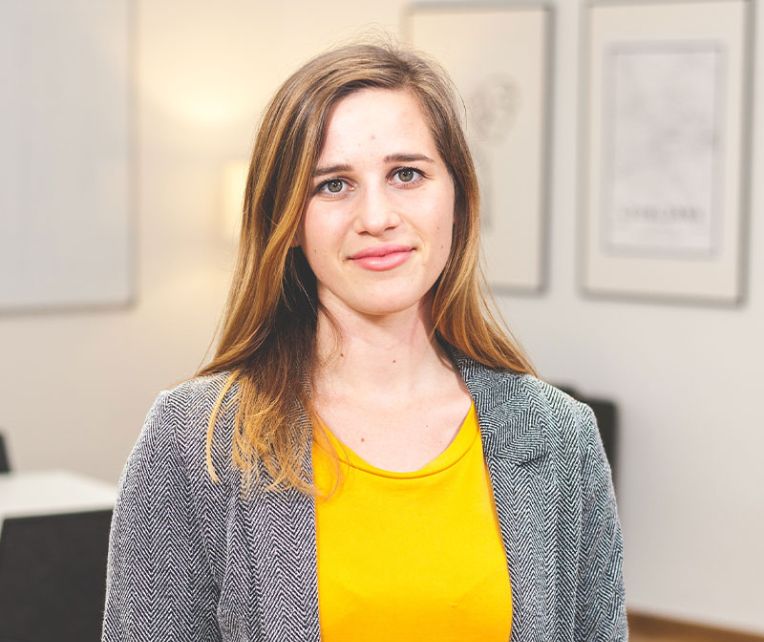The conference is free of charge and will take place on 19th October 2022 from 9:00 to 16:30 CET
at the Department of Psychology, UP Famnit, Glagoljaška ulica 8, 6000 Koper, Slovenia.
Registrations start at 8:30 CET. Welcome to apply also as a presenter of your own innovative practice.
at the Department of Psychology, UP Famnit, Glagoljaška ulica 8, 6000 Koper, Slovenia.
Registrations start at 8:30 CET. Welcome to apply also as a presenter of your own innovative practice.
Conference Programme
dr. Sorina Moica, dr. Mihaela Kardos & dr. Daniela Stefanescu
The Role of Growth Mindset in the Industrial Knowledge Transfer: Case Study of the University of Targu Mures
The Role of Growth Mindset in the Industrial Knowledge Transfer: Case Study of the University of Targu Mures
|
dr. Tuncay Saritas
Growth Mindset in Distance Teaching and Learning |
dr. Maja Lebeničnik
How to Foster a Growth Mindset in Students? Development of a Course Curriculum for Educators |
Monika Legnar
A Case of Growth Mindset Webinar for Students |
dr. Barbara Hanfstingl, Samuel Hafner, dr. Gertraud Benke
An Open-Access Compendium to the Erasmus+ Project GrowthMinds
An Open-Access Compendium to the Erasmus+ Project GrowthMinds
Parallel Sessions With Teaching Cases
Present your teaching case and earn a Certificate of Oral Presentation. Apply your teaching case within the registration link.
Present your teaching case and earn a Certificate of Oral Presentation. Apply your teaching case within the registration link.
Schedule
TIME |
CONTENT |
8:30 - 9:00 |
Registration of the participants |
9:00 - 9:15 |
Conference opening Dr. Rok Strašek, Prorector of the University of Primorska |
9:15 - 10:45 |
Key notes Growth Mindset in Distance Teaching and Learning Dr. Tuncay Saritas, Distance Education Research Center, Balikesir University The Role of Growth Mindset in the Industrial Knowledge Transfer: Case Study of the University of Targu Mures Dr. Sorina Moica, Dr. Mihaela Kardos & Dr. Daniela Stefanescu, G. E. Palade University of Medicine, Pharmacy, Science and Technology of Targu Mures |
10:45 - 11:15 |
Coffee break |
11:15 - 12:15 |
Key notes How to Foster a Growth Mindset in Students? Development of a Course Curriculum for Educators. Dr. Maja Lebeničnik, Faculty of Education, University of Primorska A case of Growth Mindset Webinar for Students Monika Legnar, STEP Institute An Open-Access Compendium to the Erasmus+ Project GrowthMinds Dr. Barbara Hanfstingl, Samuel Hafner, Dr. Gertraud Benke, University of Klagenfurt |
12: 15 - 13:00 |
Discussion groups |
13:00 - 14:00 |
Lunch |
14:00 - 16:00 |
Parallel sessions with teaching cases |
16:00 - 16:30 |
Conclusion and farewell Exploring future collaboration opportunities related to the inernationalization. Evaluation of the conference. |
Programme Info
|
Dr. Tuncay Saritas, Distance Education Research Center, Balikesir University
The presentation will briefly talk about the aspects of Growth Mindset (GM) theory and discuss its importance during distance education. The presentation will also focus on how we could employ GM notions in distance teaching and learning. The main idea of the presentation is to encourage educators to see distance learning as an opportunity, not a setback.
Questions he will going to answer during his presentation:
Dr. Tuncay Saritas is a professor of ICT at the Faculty of Education and the Director of Distance Education Application and Research Center. As a director, he coordinates teams, projects, and resources. He holds a Master’s degree Instructional Systems Technology from Indiana University and a doctorate degree in Instructional Technology, Iowa State University. His research focus is on integrating ICT-enriched applications, and training strategies effectively into learning/training environments. He has several research papers and presentations related to ICT enriched techniques for training, quality improvement and management in different training contexts, meta-cognitive as well as creative strategies for professionals. He has won an award for developing a mobile application for young people (16-18 years) who are having difficulties in learning mathematics.
|
|
Case Study of the University of Targu Mures
Dr. Sorina Moica, Dr. Mihaela Kardos & Dr. Daniela Stefanescu, G.E. Palade University of Medicine, Pharmacy, Science and Technology of Targu Mures
Knowledge and technology transfer has never been greater than it is nowadays. Companies, universities and research and technology organizations understand that performance depends upon collaborating with each other, in ways that support and reinforce their complementary missions. By now, the working practices and professional skills required for effective knowledge transfer are widely known and well documented. It is essential that university students are able to recognize new situations in the aftermath of their university education as learning experiences and opportunities for growth, based on forms and principles of growth mindset.
Questions they will going to answer during his presentation:
Dr. Sorina Moica currently works at the Department of Industrial Engineering and Management, University of Medicine, Pharmacy, Science and Technology "George Emil Palade" of Târgu Mures. Sorina does research in Quality Assurance Engineering, Industrial Engineering and Ecological Engineering. Their current project is 'Production Optimization' and 'Industry 4.0'
Dr. Mihaela Kardos is an Associate Professor, currently Head of Economic Science Department, is specialised in International Economic Relations (PhD), European Integration and Communication and Public Relations (Master degrees) and took part in different training programs on innovative educational student – centred methods. She has 15 years of teaching experience in university and is course leader for: Change Management, Strategic Management, Project Management and International Relations and published books and scientific articles relevant in her interest areas. She has taken part in many European and national projects of education and research focusing on developing students’ knowledge and abilities. Dr. Daniela Stefanescu is an Associate Professor. Ph.D. in Management, currently Vice-Rector of the University responsible with the relationships with labour market, is course leader of the following courses: Research Methodology, Design Thinking and Business Models, Statistics for Business. She has more than 20 years of teaching experience in private and public sector, and also in adult education. She elaborated more than 10 textbooks over the years for the courses sustained for the bachelor, master programs and also for long-distance programs. She has over 30 scientific articles, and she was involved in more than 10 national and international projects, including ERASMUS+ projects in recent years, on education and research, as coordinator, expert, trainer or member. |
|
dr. Maja Lebeničnik, Faculty of Education, University of Primorska
A professional development course for university educators aimed at the development of a growth mindset of students was created and piloted during the project. The course is aimed at developing growth mindset teaching competence, leaning on a proposed 5 part model. The five parts of the model represent 5 different areas of growth mindset teaching: the nature of brains and intelligence, growth mindset language, growth mindset tasks, growth mindset assessment, and growth mindset reflection. We will present the curriculum and different training modules which are based on the parts of the model, the additional self-directed activities and share evaluation results from different piloting groups.
Questions she will going to answer during his presentation:
Dr. Maja Lebeničnik is an Assistant Professor at the University of Primorska, Faculty of Education. She specializes in developmental and learning psychology. Her research areas covers technology supported learning, growth mindset, and socio-emotional competencies.
|
|
Monika Legnar, STEP Institute
A webinar on the topic of a growth mindset for students will be presented, together with needed materials for the implementation of it. The materials of the webinar are available in various languages, not only in English. Teachers can easily present the webinar to their students, to introduce them the basics of a growth mindset theory. The webinar consists of short theoretical introduction, followed by some practical exercises for the students. The contents can be simply adjusted to specific target group of students. Aside from hearing how to conduct a growth mindset webinar for students, participants of the conference will also get in touch with the main concepts of the growth mindset theory.
Questions she will going to answer during his presentation:
Monika Legnar is a psychologist who is eager to spread psychology findings to a broader public in an interesting and useful way. She has gained experience with organizing international projects and working with groups through six years of volunteering as a scout’s leader and by working as a international courses coordinator at Skupina Primera. She expands her knowledge by participating in different trainings on coaching and moderating techniques. Her research interests are soft skills, psychological wellbeing, creativity and training’ efficiency. These are as well the topics she covers as a trainer. She usually underpins the content with graphical facilitation. Currently she works at STEP Institute as a project coordinator.
|
|
Dr. Barbara Hanfstingl, Samuel Hafner, Dr. Gertraud Benke, University of Klagenfurt
Dealing with mindsets is important since the view a person holds about themselves profoundly affects their life. Carol Dweck distinguished between two contrary beliefs: fixed mindset and growth mindset. Empirical evidence suggests that holding a growth mindset, that is believing that failure and mistakes are part of the learning process and talents and abilities can be developed through effort and persistence, is positively associated with higher achievement, which implicates the need to foster a growth mindset in teachers and students. As part of the ERASMUS+ project GrowthMinds, we created an open-access compendium with the aim to promote the concept of a growth mindset as an evidence-based teaching concept that improves the quality of teaching. We hope to inspire educators to try out and incorporate growth mindset-based teaching activities in their teaching practice. This compendium includes growth mindset indicators that capture what growth mindset teaching is about as well as the theories they are based on, a collection of concrete teaching examples from different disciplines and different countries with diverse backgrounds, growth mindset information sheets that concisely summarize the most important aspects of growth mindset, and project partners’ experiences and reflections on growth mindset.
Questions they will going to answer during his presentation:
Dr. Barbara Hanfstingl holds a Diploma in Psychology (University of Vienna), Propaedeutic studies in Psychotherapy, and Doctoral graduation in Psychology (Alpen-Adria-Universität Klagenfurt).She is presently working as Associate Professor at Alpen-Adria-Universität Klagenfurt, Austria.Her scientific work started during her basic studies in Psychology. For more than ten years she worked on research projects addressing developmental processes of families which kindled her interest in human motivation and personality development.
Samuel Hafner works at the institute for Instructional and School Development. He is a math teacher interested in applied linguistic, web development, and the growth mindset. Dr. Gertraud Benke works at the institute for Instructional and School Development (IUS). Presently (as of 2021) she is engaged in the project "Klima4Primar". In this project, she analyses elementary students understanding of climate change issues. She is also looking at issues middle school students have in their self-directed learning - looking at self-regulation and language competence. Her research areas cover applied linguistic, cognitive linguistic, and learning psychology. |
|
An opportunity to present your teaching case
Does your teaching practice reflects a support for mistakes, process-oriented feedbacks, information about different learning strategies, choices, desirable difficulty? Wonderful!
Please share it with other educators regardless the subject you teach. The language of the presentation: English. In parallel sessions presenters will have 15 minutes to present their innovative teaching case. We will let them know if their presentation was accepted by 14th of October 2022 at the latest. After the presentation they will receive a Certificate of Oral Presentation. |
|
KA203 - Strategic Partnerships for higher education
Grant agreement: 2020-1-SI01-KA203-076061 www.unigrowthminds.eu |

